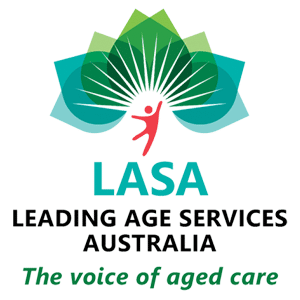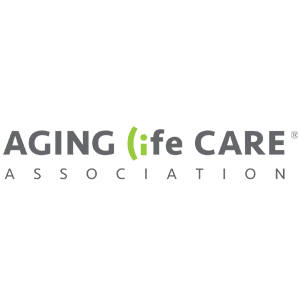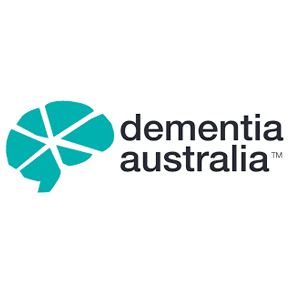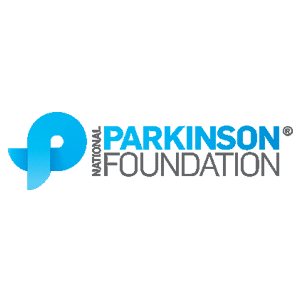Dementia: Accepting Your Loved One’s Reality Without Lying
Dementia can cause anxiety and stress for the individual and their loved ones. While there is no cure for dementia, there are techniques that can improve the quality of care. One of the techniques used by the Care Professionals at Home Care Assistance is the Validation Theory. It is also a useful technique for loved ones of those with dementia.
Validation Theory
Validation Theory conveys empathy to people living with dementia. These techniques can increase connection and reduce confusion and anxiety.
We all live in our reality of viewing the world from our perspective. While usually discrepancies in realities are relatively minor, when a person has dementia the differences between their reality and our own become much bigger. Not only does this make it harder for someone with dementia to agree with someone without dementia, but these differences can make it harder to communicate. Further compounding the issues is dementiaism – a systematic bias against the value of the perspective of those with dementia. All this can combine to form a lot of frustration for those with dementia.
According to Validation Theory, a person who is upset and experiencing anxiety, agitation, or depression, has an unmet need. In a person with dementia, this can lead to challenging behaviors as they try and express these needs.
With Validation Theory, the key is to identify the unmet need and address that specific need.
Benefits of Validation Theory
While it can take practice to get the hang of using Validation Theory, the benefits for a person with dementia include:
- Displaying more social controls
- Expressing less fear, anger, and other emotions
- Better communication
- Less withdrawal and more signs of engagement such as keeping their eyes open and sitting more erect.
It can also improve relationships and communication between loved ones and Care Professionals.
A Validation Theory Approach
- Acknowledge what the person is expressing: For example, if a person is asking for a spouse who has previously died, rather than saying that they died, try asking them what their favorite things are about that person.
- Honor the feeling: For example, if a person says they want to go home, rather than telling them they are home or can’t go home, try exploring the topic more to identify the need at the heart of the request. For example, you might say ‘Tell me more about your home’. Through their words, you
might identify what it is they need. - Act to meet the need: This requires taking an investigative approach to uncover the unmet need so you can address it.
Validation Theory means acknowledging, honoring, and acting to support your loved ones’ needs.
Tips for using Validation theory
- Avoid Confrontation: Confrontation tends to escalate situations so is best avoided.
- Avoid reasoning and explanations: Given your loved one may be living in a different reality to you, continuing to explain can add to frustrations. Rather, try to honor and respect their feelings.
- Don’t fib: Rather, try to get to the heart of the matter and address the unmet need. Be calm create a sense of security and understand that the person with dementia may be trying to obtain some sense of control.
Validation Theory can help both you and your loved one living with dementia. Remember that your loved one’s reality is real to them and that often their displays of emotions relate to an unmet need. By acknowledging what they express, honoring their feelings, and acting to meet their needs, you can improve their quality of life.
Support of an in-home care agency like Home Care Assistance, can bring enormous benefit and comfort to your quality of life while living independently at home. Home Care Assistance has viable solutions when it comes to supporting independent living. For more information, get in touch with a Home Care Assistance near me today.



















